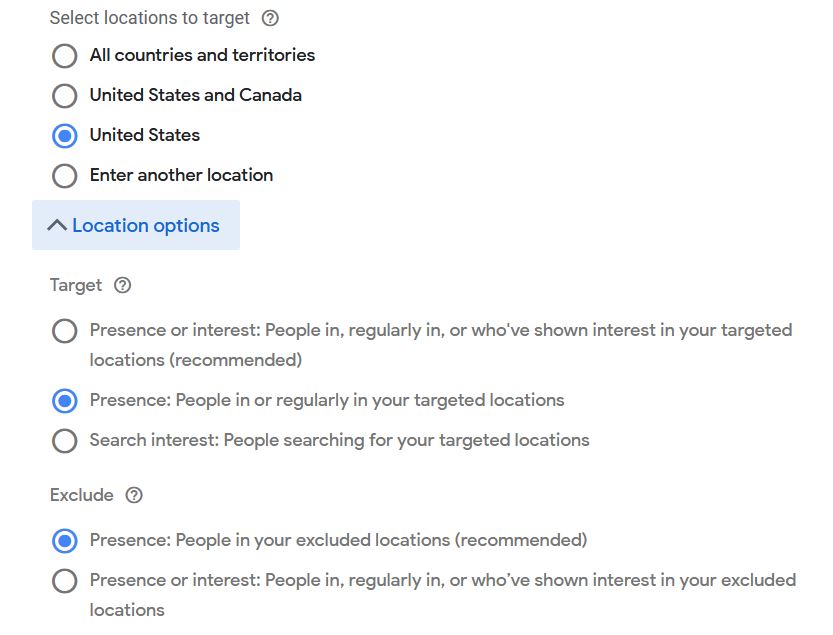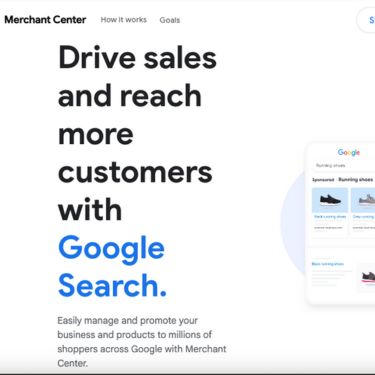Starting a new Search Engine Marketing (SEM) Strategy and Google Ad Campaign can be intimidating for beginners and even experienced PPC Specialists can find themselves falling prey to common mistakes that could cause them to waste ad budget and target the wrong audience. As a team experienced in SEM, we’ve taken over underperforming Google Ad accounts and identified consistent issues. These issues aren’t always immediately apparent, but they can be costly and detrimental in the long term, which is why we believe it’s imperative to address them head-on. Some of them include setting unrealistic goals, not targeting the right audience, failing to create persuasive ad copy, and inefficient use of budget. With our insights, you too can avoid these common pitfalls and create a successful SEM campaign that can drive growth and leads for your business.
What are Google Ads?
In the fast-paced digital world we live in, businesses need to be innovative and strategic in their advertising to get ahead of the competition. That’s where Google Ads can be a game-changer. Google Ads is a flexible online advertising platform that provides businesses with a cost-effective way to reach potential customers who are already searching for products or services similar to theirs. In addition to the Google Search Engine, Google Ads serves ads on Google’s search partners which can increase brand exposure to a broader audience. With the vast number of people searching on Google every day, Google Ads can give businesses the edge they need to stand out in a highly competitive market. By creating engaging ads and targeting the right audience, businesses can increase traffic to their website and ultimately drive sales. The beauty of Google Ads is that businesses can set their budget, track their results, and adjust their campaigns accordingly to optimize their return on investment. In summary, Google Ads are a powerful tool for businesses looking to increase their online visibility and reach their target audience with precision.
How Can Google Ads Help You Advance Your Business Goals?
Businesses seeking to connect with a wider audience can benefit from using Google Ads. This advertising service provides companies with access to Google’s massive user base, allowing them to reach potential customers on a larger scale. Google Ads can be especially useful for businesses that face challenges with search engine optimization, as the platform provides an alternate route to increasing visibility. This is particularly useful for startups or organizations with limited content and a weak online presence. By investing in Google Ads, businesses can generate traffic to their sites and build brand awareness, driving growth and success over time.
Common Mistakes in Google Ads and How to Resolve Them
1. Define Your Ad Objective
2. Keyword Intent in Your Bidding Strategy
3. Monitoring Keywords
4. Search Area

5. Google Recommendations
6. Testing Your Ads
In their rush to launch campaigns, users often neglect to experiment with different ad variations, missing out on valuable opportunities to optimize their campaigns for maximum performance. Ad testing allows users to identify which ad elements, such as headlines, images, or calls-to-action, resonate best with their target audience. By conducting A/B testing or multivariate testing, users can gather data-driven insights and make informed decisions about their ad creatives. Testing different variations helps uncover what works best, allowing users to refine their messaging, improve click-through rates, increase conversions, and ultimately enhance the overall effectiveness of their Google ad campaigns. Ignoring ad testing can leave users with suboptimal ads and missed potential for achieving their desired advertising goals. Of course, budget needs to be considered and allocated for proper A/B testing.
7. Budgeting
improper budget allocation is a common pitfall when it comes to creating Google ad campaigns. Users often make the mistake of either overestimating or underestimating their budget, which can have significant consequences on the effectiveness of their campaigns. Allocating too little budget may result in limited ad impressions and reduced visibility, restricting the reach and potential success of the campaign. Conversely, allocating too much budget without a proper strategy in place can lead to wasteful spending and inefficient use of resources. It is crucial for users to carefully assess their advertising goals, target audience, and market competition to determine an appropriate budget that allows for effective ad distribution and optimization. Proper budget allocation ensures that campaigns have the necessary resources to reach the intended audience, generate meaningful engagement, and maximize return on investment.
How to Create a Google Ads Budget
Tools to Use to Gather CPC and CTR Data
Need help with starting your Google Ad Strategy? Point of Action has a variety of services to help support you from full ad management to providing audits and training. Contact us for a free consultation if you are interested in learning more.



